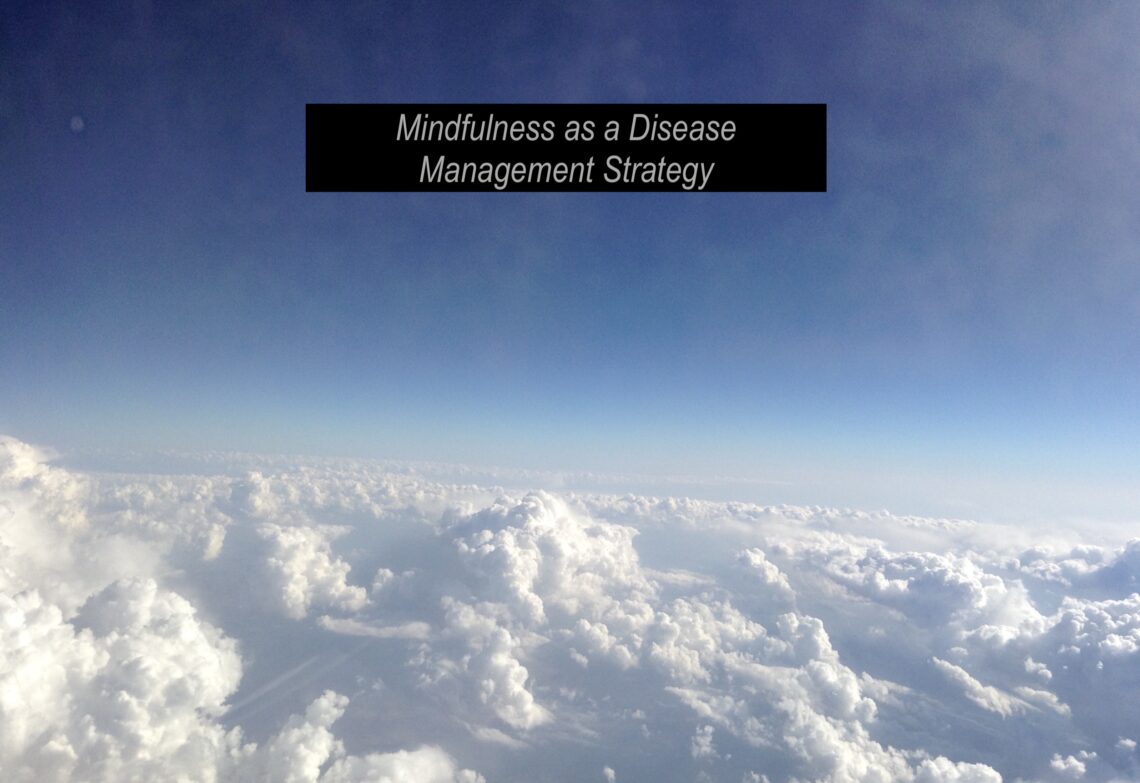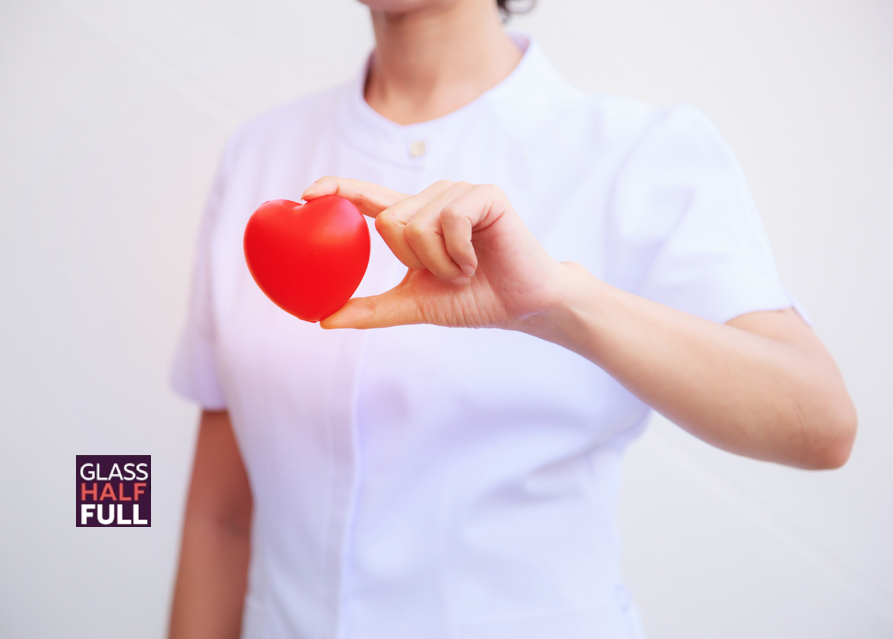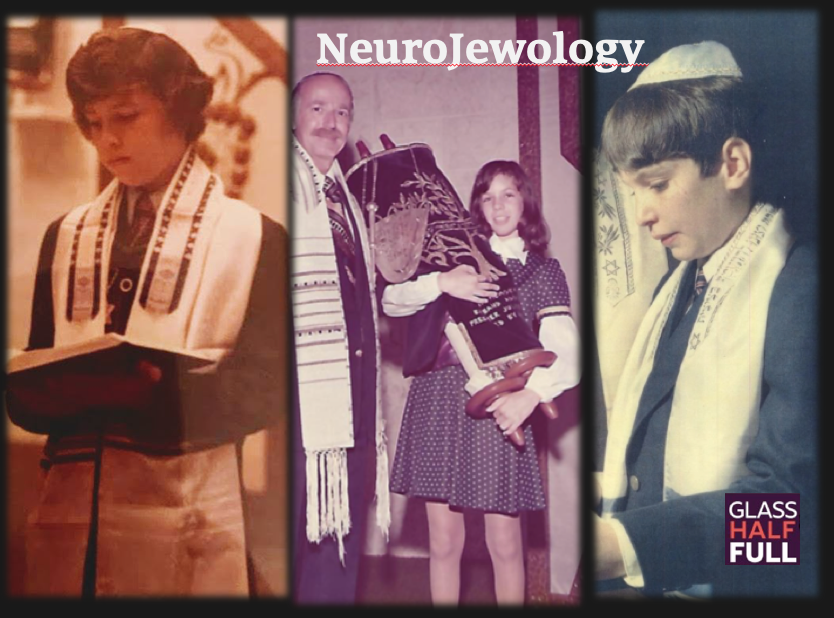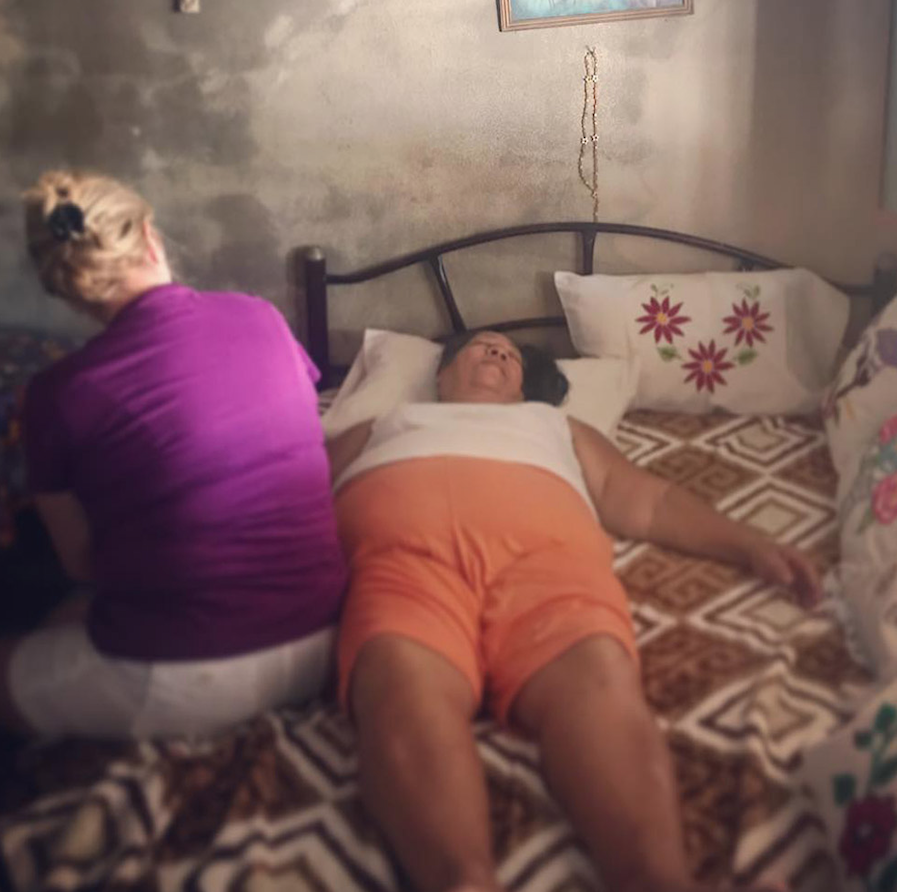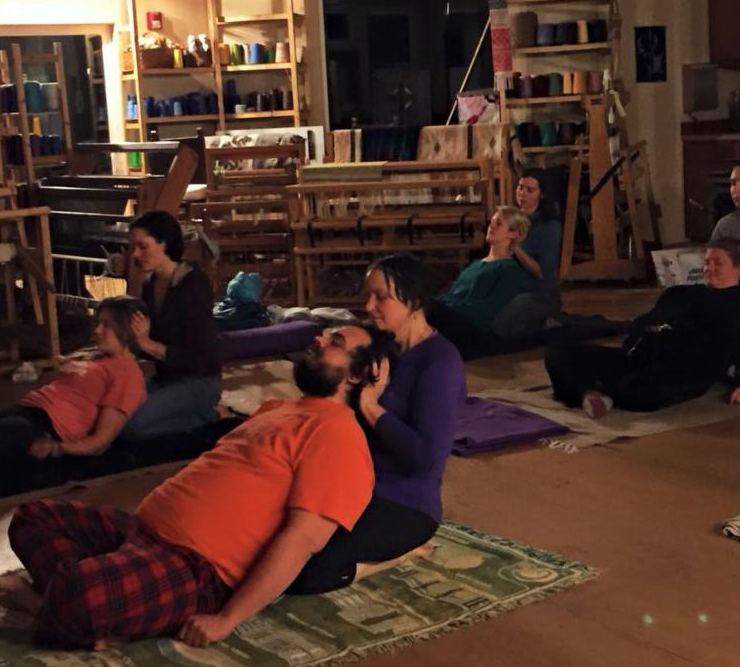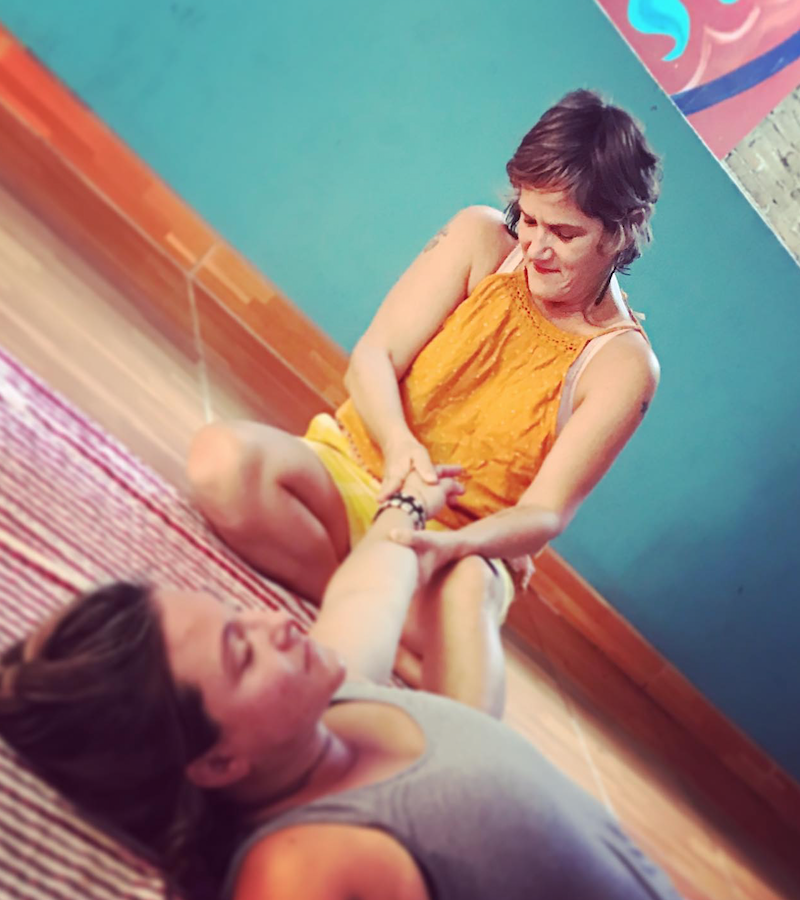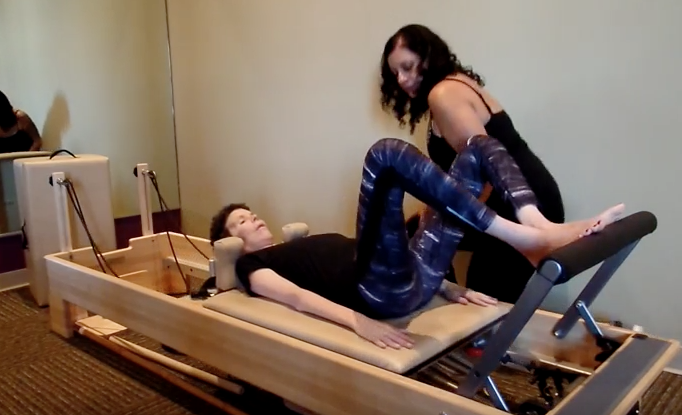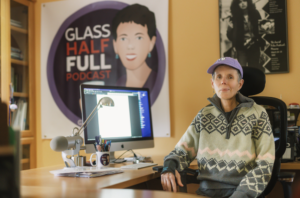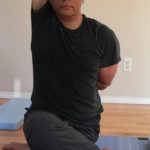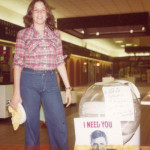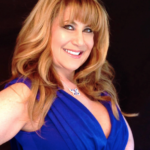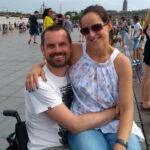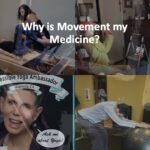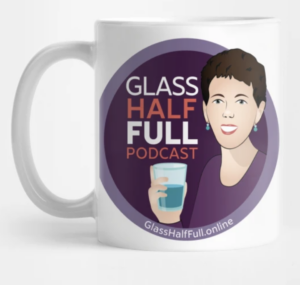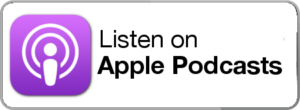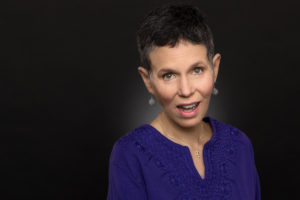Being diagnosed with a chronic, debilitating disease can certainly bring stress to one’s life. In fact, that stress can be significant enough to be called trauma.
How one handles this stress varies. Some people have amazing coping capacity and are hard-wired for resilience while others have more difficulty. None of it is easy.
Mary Holt, a Registered Nurse with a Master’s Degree in Counseling Psychology, shares her journey of loss and recovery and the profound impact a mindfulness meditation practice has had on her life and work. She brings this practice to the clinics where she helps patients and their families with neuromuscular and Parkinson’s disease.
Mentioned in this podcast episode is the annual International Rare Disease Day organized by NORD. Here are two relevant podcast episodes: Rare Disease and the Need for Research and It’s Not that Easy Being Rare.
Transcript
welcome to glass half full with leslie krongold she shares her stories experiences and knowledge of living and coping with a chronic health condition learn about tools and resources and hear inspirational interviews that help you to live a life filled with quality and dignity with two decades of support group leadership leslie’s ready to help you make lemonade out of life’s lemons are you ready are you ready
hello listeners we’re nearing the end of february which means it’s almost international rare disease day i have a rare disease do you there are over 6 000 rare diseases i know i’ve met people with a disease so rare that they’ve never met anyone else with it i can’t even imagine what that would be like recently at my monthly support group we had a family joined us who had never met people outside of their family with myotonic dystrophy if you’re diagnosed and you live in or near a heavily populated city you will hopefully not have to wait too long before you meet others with the disease we have a patient advocacy organization that has an annual conference and this conference has given me the opportunity to meet others with the condition who live throughout the us and other parts of the world we’ve had people in the conference come from new zealand south america and of course you know a few european countries so rare disease day celebrated on february 28th is a day of advocacy getting out in the public to let others know about your disease last year a group of us met at senator dianne feinstein’s office in san francisco this year we’re joining others with rare diseases at a local museum and park so check the gospel website for links to learn more about rare disease day maybe there is an event happening in your neck in the wood and i will also include a couple links to podcasts that i did specifically about rare disease day today though is not about rare disease as i mentioned i’m part of a patient advocacy organization which meets in person annually usually in a different location throughout the country and last year we met in philadelphia and one of the sessions i attended was titled mindfulness as a disease management strategy now you can just imagine how that piqued my interest unfortunately the session was less than 45 minutes but i could tell the presenter had more to offer so i introduced myself gave her my podcast calling card it’s actually a postcard um if you want one let me know anyhow she and i recently had a chance to talk mary hope is a busy woman she works at two different philadelphia clinics and has a private practice in addition to her academic work she’s a registered nurse and has a master’s degree in counseling she has a lot of lived experience mary was a caregiver for her husband and experienced his loss at an early age with two young children to raise she’s also been in recovery from alcoholism for a number of years i have always worked in my nursing career uh with chronic pain and chronic illness that kind had always been my path and then there were actually a series of events that had happened personally in my life and i had not been working for a time while i was pregnant with my second child and yeah it was just knew i had to get back into the workforce my husband had become quite ill and i you know of course he was not able to work so i really had to kind of get back into the workforce um you know kind of help provide for us in a sense in my two children so i saw this job posting that was for a nurse coordinator i loved always being able to kind of have that integrative model so i love the coordination piece and it was neurology so it was it was the mda als center of hope um and at that time it was at diversity in philadelphia and that was back 2005 and then i started there as a nurse coordinator full time and i was probably seven years or so and had had a master’s encounter with a specialization in psychological trauma and bereavement so working with people that had you know a focus of course of chronic illness terminal illness that was really one of my passions so when the mental health specialist left that center then i kind of moved into that role in terms of being able to support the patients and the families yeah all throughout the journey really from time of diagnosis or from the time that we you know began with them and then journeying for as long as they stayed with us you know for a number of years the rest of my time my other full-time work i actually do three things so my other full-time work is working with parkinson’s and i’m a nurse educator a clinical educator with that population so i work with people that have parkinson’s and their families and i work with physicians movement disorder specialists and i do educate food i teach the families and the patients how to use a particular medicine medication and injectable medicine for parkinson’s and really how to live well you know as best as they can with their parkinson’s and then outside of that i am also i have a private practice in terms of life coaching speaking mindfulness practice and things like that so i’ve always had a desire to have uh and my you know goal still one of my goals is to be able to do that more to be able to reach people in a way that to have a greater impact in terms of helping people so i when i was working originally with a neurology team and during that time i had had a meditation practice of my own i’ve been sober for a bit over 12 25 years and i’ve had a meditation practice of my own for a number of years and when i was at jefferson i was working with chronic pain patients and they had a center for uh integrative medicine so i went there and i took a mindfulness course a mindfulness meditation it was actually a stress management course and at that time i fully impacted and shifted my whole experience in my own life my professional work my recovery my own personal health in such dramatic ways that i went on for more training and really have been teaching and doing that practice and really focusing a ton of my work professionally around stress stress management and how it relates to our health and also how mindfulness can be a foundational piece of that in terms of helping people live well in the midst of chronic illness and terminal illness so what is psychological trauma when it’s boiled down it is trauma if we look at just trauma in and of itself is something whether it be an experience a situation or an event that overwhelms the system right overwhelm the system physically of course it could overwhelm the system of course which is my my specialization psychologically and mentally emotionally spiritually as well so that can come from a certain particular event it can also come from chronic exposure to certain things whether they be you know external or potentially internal you know somebody is chronically experiencing anything you know negative perceived as negative to the point where it over overwhelms our ability to kind of integrate our experiences on a healthy level for us to be able to function kind of day in and day out in a healthy way yeah because when i hear the term trauma i think of people with ptsd or um some sort of sexual abuse i generally might and i’m not you know a professional in psychological or mental health but i um i think of it as like an incident or series of incidents that are traumatizing but the way you’ve defined it it sounds as if just the diagnosis of a progressive chronic illness can serve as trauma
absolutely yes absolutely i’ve experienced that with people you know when we say in particular when we you know potentially give somebody the diagnosis of als or something um what can happen is that i mean on the flip side of this too i you know i don’t know if we’ll talk about it but is also the amazing resiliency of the human spirit in terms of being able to you know kind of integrate and wrap our brains around certain things and being able to function in the midst of these kind of crises these crises that happen in our lives but you know when somebody is you know faced with a situation that is in many ways i’m going to say potentially but can many ways alter their existence and how they perceive that it can absolutely be traumatic i was actually just this weekend i was working with our team our multidisciplinary team and in terms of the and talking about the effects of you know continually working with the population of you know in neuromuscular conditions and neurodegenerative conditions that you know it is a traumatic environment because we’re continually working with emotions that may arise from time to time such as frustration powerlessness not being able to make an effect potentially loss grief sadness you know and that can be incredibly distressing to the you know our mental capacity and our psychological capacity to be able to manage so how do you define resilience so i would define resilience as the amazing capacity which always seems to surprise me the amazing the amazing capacity of the human being and the human spirit to be able to integrate and rise above
what may be perceived as incredibly negative circumstances and find meaning continue to move forward um serve continue to serve in some way not that all of these are necessary but these are the things that i see in the people that i work with and the families that i really tiny amount like couldn’t even fathom what it’s like yet you are serving the world rising above taking your experience and helping others that is to me incredibly resilient because some people fold i also see a lot of people fold and i don’t believe that there’s a good a right or wrong necessarily we all do with the capacity that we have um but when you ask about resiliency it’s definitely i think you’re a living example of that so the session you read at the conference this year how i met you was titled mindfulness as a disease management strategy so i think we’ve led up to this right you talked about how mindfulness helped you and you your training and i’m assuming you’ve implemented it in all the work you do does a mindfulness training or does it as a strategy help build resilience for me personally you know mindfulness is kind of a buzzword around healthcare around the corporate world somewhat um and it really is a way of it really is a way of relating to the world you know i mean when i so i practice minds when yes there are strategies within mindfulness and from the bigger scheme it really is a way of relating to our life and our life experiences and ourselves and others um so it definitely can build resiliency because what mindfulness gives us is number one it gives us awareness so i’m not a and the other thing i want to say is it’s a practice so it’s something that is certainly cultivated over time i am absolutely not an expert it is something i practice every day um every moment of my life that i can become more aware so it gives us an awareness so we’re not just acting on autopilot so we have some sense of you know when we’re going down the rabbit hole per se so it gives us awareness and then it has this underpinning in terms of non-judgment and compassion so it offers me the opportunity to meet my life and my life experiences to number one become aware of my you know how i’m perceiving something and how i’m relating to it and then it gives me ways of coping with openness and non-judgment and compassion for self for others and for kind of life as a whole which is simple in words yet incredibly in light so yes it can 100 yeah build resiliency how do you do that in the clinic setting i mean i i’ve been to the interdisciplinary clinics in san francisco and at stanford you know for my disease and i imagine they’re kind of similar and you know i went for years i haven’t gone recently but i had a pt who i saw you know uh every year for many years and one of the last times i saw her and unfortunately she had to leave the clinic she moved away but she started talking about mindfulness meditation and i was blown away because it was such a departure from anything she spoke about before so i’m wondering you know is it something that the other clinicians are talking about too or is it just you that’s actually yeah that’s a great question so it is um it just depends on everybody’s level of comfortability uh in our life right now it’s not something that everybody talks about people they are becoming more aware of it and more i would say open to it you know whether that is because of you know kind of what i do you know i talk about there so i would love to see it one day as kind of a standard of care um interesting and really offering people ways to manage you know all of i mean you think i’m just thinking about the physical therapist so if your physical therapist is there talking about mindfulness meditation that shows huge kind of integration to me that says you know there’s a lot of integration there in terms of what can help support you that she’s not just just addressing you linearly right with a solo focus you know acknowledging the fact that you are simply as a being right you have a mind you have a body and you have a heart so how then can we because they don’t none of them operate individually so how is it then that we can take our health care management and also approach people you know i really meet people in the sense that you know that we each really do have the capacity within ourselves to kind of answer all the questions that we have and we do have the resources within us um whether we need to find some more outside but we really do have a that within us so i meet people hopefully with that uh intention that you really do have everything that you need um and my role with you is then just to help you uncover that and get clear what’s your relationship with yourself you know that’s a big thing so when i’m seeing people in clinic a lot of our conversation is around um what’s the you know what is the relationship with the illness you know a lot of people are you know fine you know quite they they’re angry they’re and those emotions sometimes are controlling them in ways that they are not even aware of and impacting choices that they make choices that they don’t make whether they’re going to use their walker or not use their walker whether they’re going to accept a feeding tube or not accept the feeding tube so how to how how help them explore the reasons underneath that why is it that you don’t want to use the walker when you’ve fallen three times right no not in a fault-finding way but just to help them explore that oh you know it means that um you know that much worse in my illness or i’m giving into it or you know what will people think of me i’m weak you know all sorts of things so um yeah so i really try to help them you know to provide a space for that to arise because the body does hold you know there’s a book called the body holds the score or keeps the score and it really i mean you know our bodies just like it needs to you know all these negative emotions they all kind of you know they can i mean whether we’re giving a space for them or not they need to come out some way right so especially people that have physical conditions you know like you all the people that i work with i i stress that it’s even more so important and myself you know i it is more so important if we already have a physical condition or a medical condition that we you know somehow manage the stressors and you know negative emotions in our lives when they arise because our body is already kind of working somewhat double time um you know to manage and you know negative emotions build up or not given space can just impact that in a profound way there’s a lot of research around that as well in terms of the cascade of events with the you know neural chemicals that kind of run through our body so i hope to just meet people you know i hope to just provide a space where people feel that they can uh you know be real and really explore what they need to so then they can make the best decisions that they can you know for themselves whether it’s using the walker or not using the walker having the feeding tube or not having the feeding tube so a lot of my work in the clinic is around life choices all the choices we have to make yeah i invite you to check out mary’s website especially if you live anywhere near philadelphia she teaches a variety of classes i wish i could take thanks for listening i hope you’re able to take away something you heard in today’s podcast and apply it to your life take care of yourself and i i hope to see you online in our facebook group on youtube instagram or on the glass f4 website thank you for listening to glass half full leslie invites you to leave a rating and review on itunes this helps spread the word to others dealing with chronic health issues for show notes updates and more visit the website glass half full dot online
classful.online you
